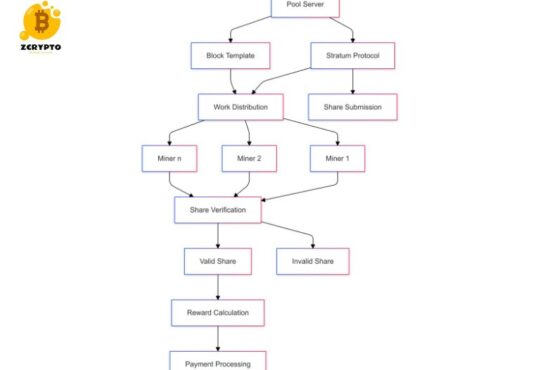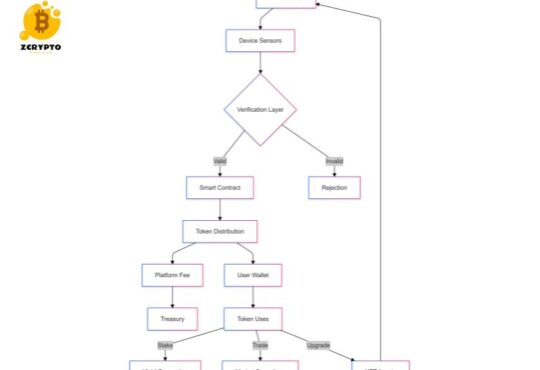
Understanding Capital Gains Tax: Rates, Rules, and How to Minimize Your Liability
What is Capital Gains Tax?
Capital gains tax is generated when you sell an asset for more than its original purchase price. For example, if you buy a stock for $100 and sell it for $150, the $50 profit is subject to capital gains tax. The key distinction here is between short-term and long-term capital gains.
-
Short-term capital gains occur when you sell an asset that you have held for one year or less. These gains are taxed according to your ordinary income tax brackets.
-
Long-term capital gains, on the other hand, are realized when you sell an asset that you have held for more than one year. These gains are generally taxed at lower rates compared to short-term gains.
Understanding this difference is vital because it significantly impacts your tax liability.
Long-Term Capital Gains Tax Rates
For the tax years 2024 and 2025, the federal long-term capital gains tax rates are structured into three brackets:
-
0%: This rate applies to single filers with taxable income up to $47,025 and joint filers with income up to $94,050.
-
15%: This rate applies to single filers with taxable income between $47,026 and $518,900 and joint filers with income between $94,051 and $622,050.
-
20%: This rate applies to single filers with taxable income above $518,900 and joint filers with income above $622,050.
These rates vary based on your filing status, whether you are single, married filing jointly, married filing separately, or head of household.
Short-Term Capital Gains Tax Rates
Short-term capital gains are treated differently; they are taxed according to your ordinary income tax brackets. Here are the brackets for 2024:
-
10%: For single filers with taxable income up to $11,600 and joint filers up to $23,200.
-
12%: For single filers with taxable income between $11,601 and $47,150 and joint filers between $23,201 and $89,450.
-
22%, 24%, 32%, 35%, and 37%: These higher brackets apply as your income increases.
For instance, if you sell a stock after holding it for six months and fall into the 24% ordinary income tax bracket, your short-term capital gain will be taxed at 24%.
Special Cases and Exceptions
There are several special cases and exceptions to consider:
-
The net investment income tax (NIIT) is an additional 3.8% tax on certain types of income, including capital gains, for high-income earners. This applies to single filers with modified adjusted gross income (MAGI) above $200,000 and joint filers above $250,000.
-
Collectible assets, such as art or antiques, are subject to a maximum tax rate of 28%.
-
Qualified small business stock also has a maximum tax rate of 28%.
These exceptions can significantly impact your overall tax liability.
State Capital Gains Tax Rates
In addition to federal taxes, states also impose their own capital gains taxes, which can vary widely. Some states have high capital gains tax rates:
-
California levies up to 14.4% in state taxes.
-
Minnesota’s rate can go up to 9.85%.
On the other hand, some states do not tax capital gains at all:
-
Alaska
-
Florida
Understanding these state-specific rates is essential for planning your investments.
How to Minimize Capital Gains Tax Liability
There are several strategies to reduce your capital gains tax liability:
-
Hold investments for more than one year: This qualifies your gains as long-term capital gains, which are generally taxed at lower rates.
-
Use tax-advantaged accounts: Self-Directed IRAs (SDIRAs) and other retirement accounts can help reduce or defer capital gains taxes.
-
Time sales carefully: Avoid selling assets in years when you are in higher tax brackets.
-
Utilize capital losses: Offset gains by selling losing positions to minimize overall tax liability.
By employing these strategies, you can make more informed investment decisions and keep more of your hard-earned money.
Additional Resources
For those looking to delve deeper into specific aspects of capital gains tax:
-
Consult IRS publications such as Publication 550 (Investment Income and Expenses).
-
Seek advice from a financial advisor or tax professional.
-
Visit reputable financial websites that provide detailed guides on capital gains taxation.
By leveraging these resources, you can further enhance your understanding of capital gains tax and make smarter financial decisions.



